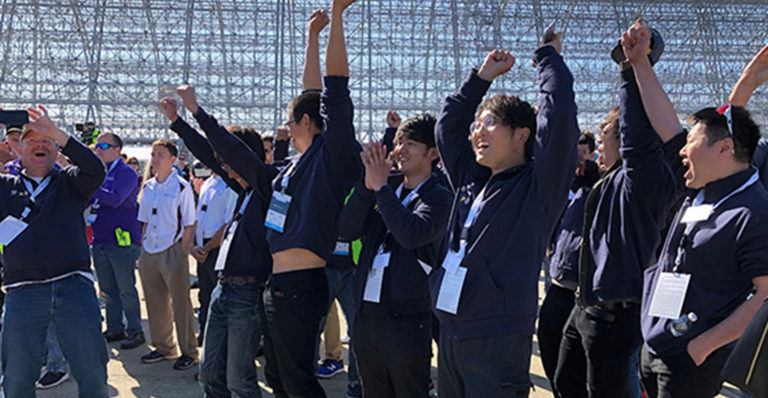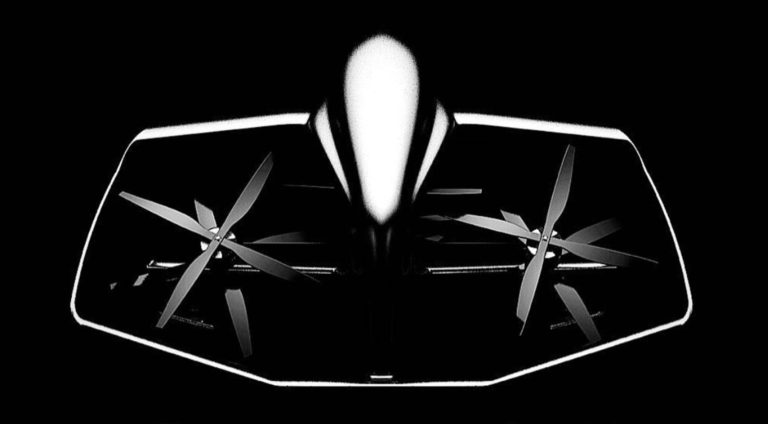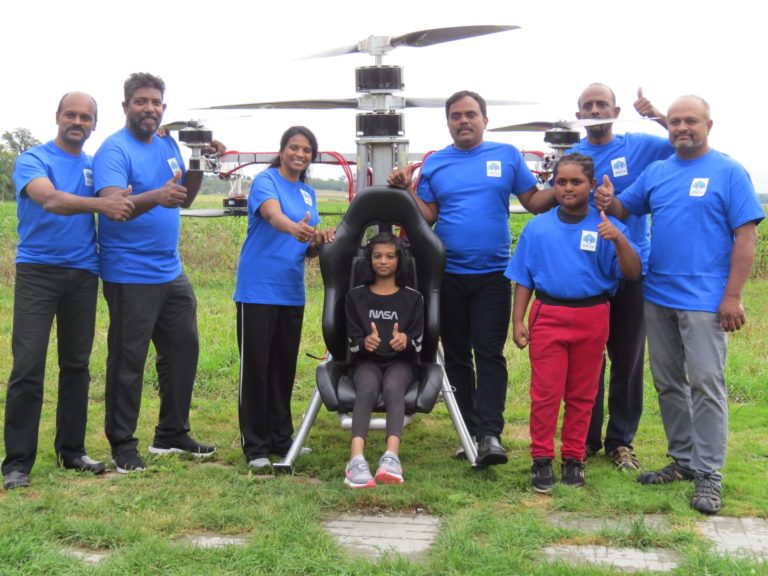Editor’s Note: We’re excited to introduce you to the innovative, bold, and talented individuals competing in GoFly. Our teams come from all over the world, shaped by their diverse backgrounds and unique life experiences. We can’t wait to see what they’ll build, but in the meantime, get to know the people behind the devices.
“Never try to control a system if you are not aware of its dynamics,” a mentor once told Harikumar Kandath of Team NTU from Singapore, and the advice has stuck with him throughout the duration of the GoFly Prize challenge.
Now as his team continues their hard work, one of their biggest challenges is reducing noise to ensure that their flyer is not only light and agile, but also quiet. Read on to get to know Kandath better, and learn how the team plans to overcome its current obstacle.
How did you realize you were passionate about aviation and flight?
During my PhD work, I was associated with a team involved in flying fixed wing micro air vehicles. I was actively involved in that project and seeing it fly like a bird in the sky generated my interest in aviation.
When did you decide to pursue a career in aviation?
When I started my PhD, I became interested in flight dynamics of unmanned air vehicles (UAVs). From that point on, I’ve been involved in work with UAVs. I also have experience in designing control system for fixed wing and quadrotor UAVs.
What were some of your favorite courses in school? How do they enrich your understanding of aviation?
Control systems was my favorite course in school. It made me realize the importance of understanding the dynamics of flight before trying to control it.
What excites you about GoFly?
I find the idea of removing the constraint of two-dimensional motion and moving around in three dimensions on a flying vehicle very exciting.
What is your biggest challenge in the GoFly Prize competition currently? How do you plan to overcome it?
The noise constraint is our biggest challenge, so we are looking for custom-made propeller blades and some other efficient noise reduction techniques.
What does the world look like after you create your flying device? How do you think you will change the world?
Travel will get more efficient because right now, people in big cities waste a lot of time due to traffic congestion. Personal flyers will reduce traffic and reduce the number of road accidents.
Want to see your team featured in a Q&A as well? Fill out our questionnaire to get started!








